Quite often, you may have heard about a medical condition called Psoriasis. While you may not be able to understand it at the first go, it does come as a serious skin issues in numerous individuals across the globe. This is where timely diagnosis and treatment can come of great help for all such people. That said, in the following parts of the blog, we will cover all the key aspects of Psoriasis like its definition, causes, symptoms and the best available treatment options.
What is Psoriasis?
Psoriasis could be defined as a persistent and often misunderstood skin condition, and has a significant impact on individuals’ lives, affecting physical health, emotional wellbeing, and self-esteem. So, before going any further regarding Psoriasis treatment, you must first understand what kind of Psoriasis condition you have with the patient around.
Psoriasis is a chronic autoimmune skin condition that accelerates the life cycle of skin cells, causing them to build up rapidly on the skin’s surface. That said, the extra skin cells form scales and red patches that are often painful and itchy. Moreover, not limited to the skin, psoriasis is systemic, affecting other organs, and is linked with several comorbidities, including psoriatic arthritis, cardiovascular diseases, and depression.
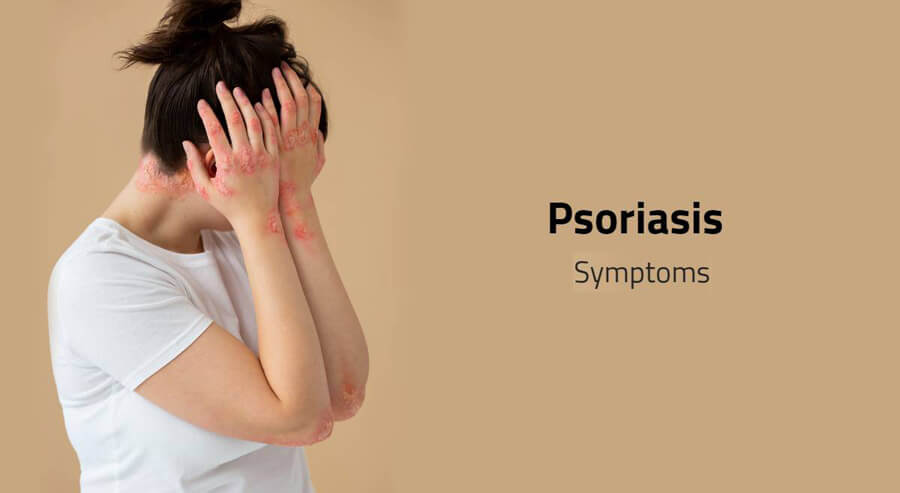
Psoriasis Symptoms
Symptoms of psoriasis vary between individuals but commonly include red patches of skin covered with thick, silvery scales, dry, cracked skin that may bleed, itching, burning or soreness, thickened or ridged nails, and swollen and stiff joints. Typically, people with psoriasis experience cycles of symptoms, known as flare-ups, followed by periods of remission.
You must, however, know that the symptoms could vary in different patients according to their age, any existing medical condition and so on. So, before analyzing the same, get in touch with a skin specialist or your local physician.
Psoriasis causes
The exact cause of psoriasis is unclear, but it’s understood to be related to an immune system issue with T cells and other white blood cells, called neutrophils, in the body. Moreover, under normal circumstances, T cells attack foreign invaders like viruses or bacteria. Besides, in people with psoriasis, however, these cells mistakenly attack healthy skin cells. Also, this triggers an overproduction of new skin cells, T cells and neutrophils, causing the telltale patches of red, inflamed, and scaling skin. Besides, genes and environmental factors also play a role. Moreover, people with a family history of psoriasis are more likely to develop the condition, and certain triggers like stress, infections, and certain medications can instigate or exacerbate symptoms.
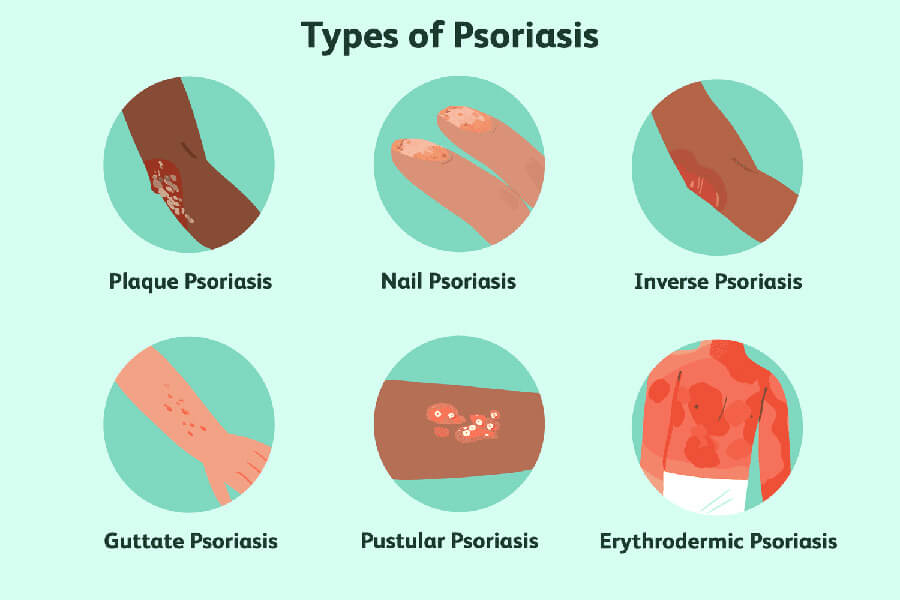
Available Psoriasis treatment options
- Despite the chronic nature of psoriasis, various Psoriasis treatment options can manage symptoms and improve the quality of life. That said, topical treatments, including corticosteroids, vitamin D analogues, and retinoids, are typically the first line of therapy for mild to moderate psoriasis. Furthermore, they work by reducing inflammation and skin cell turnover, soothing the skin and decreasing scaling.
- Also, for moderate to severe psoriasis, phototherapy (light therapy) is commonly used. Besides, this treatment involves exposing the skin to controlled amounts of natural or artificial light, which helps slow skin cell turnover.
- Systemic medications are another treatment avenue. These drugs, either oral or injectable, work throughout the body. Also, they are usually used for individuals with moderate to severe psoriasis and psoriatic arthritis. Examples include methotrexate, cyclosporine, and biologics, which target specific parts of the immune system.
- On the other hand, recent advancements in understanding the immune pathways involved in psoriasis have led to the development of biologic drugs. These drugs, usually given by injection, target the precise immune responses involved in psoriasis, providing an effective treatment for many people.
Also read about: Best skin care routine for your skin
Final words
In conclusion, we can define psoriasis as a complex, chronic autoimmune condition that presents as scaly, red patches on the skin. While its exact cause remains unknown, it is clear that immune dysfunction, genetics, and environmental triggers play a critical role. Although there is currently no cure, various treatments, ranging from topical applications to systemic medications and biologics, can help manage the symptoms, reduce inflammation, and improve the patient’s quality of life.
That said, a comprehensive understanding of psoriasis can aid in early diagnosis, effective management, and the reduction of associated psychosocial burdens, guiding patients towards a healthier, more comfortable life.

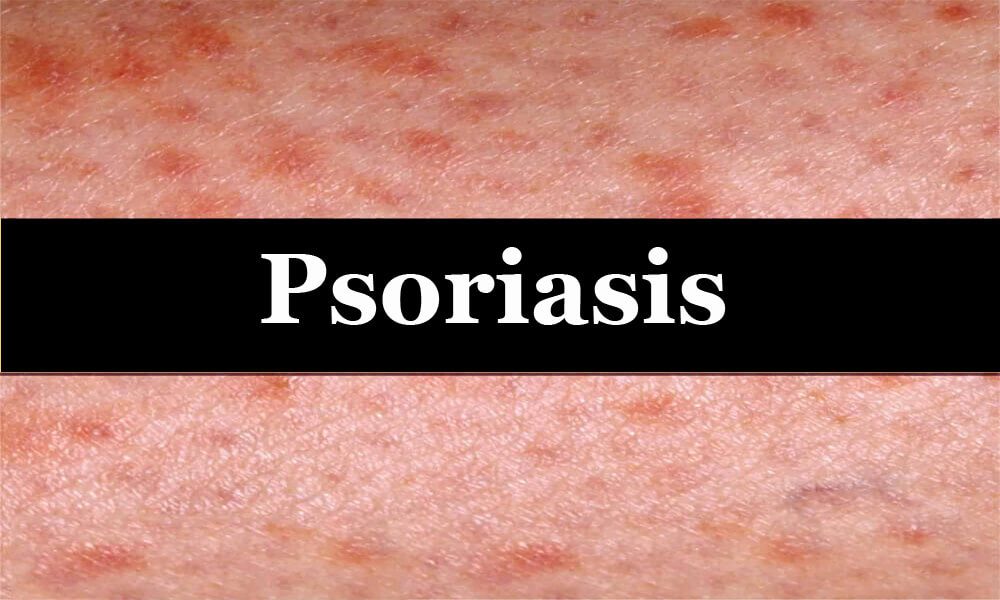
















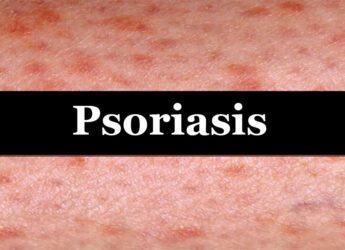





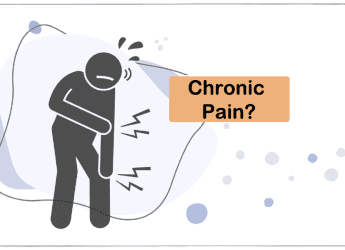



No Comments